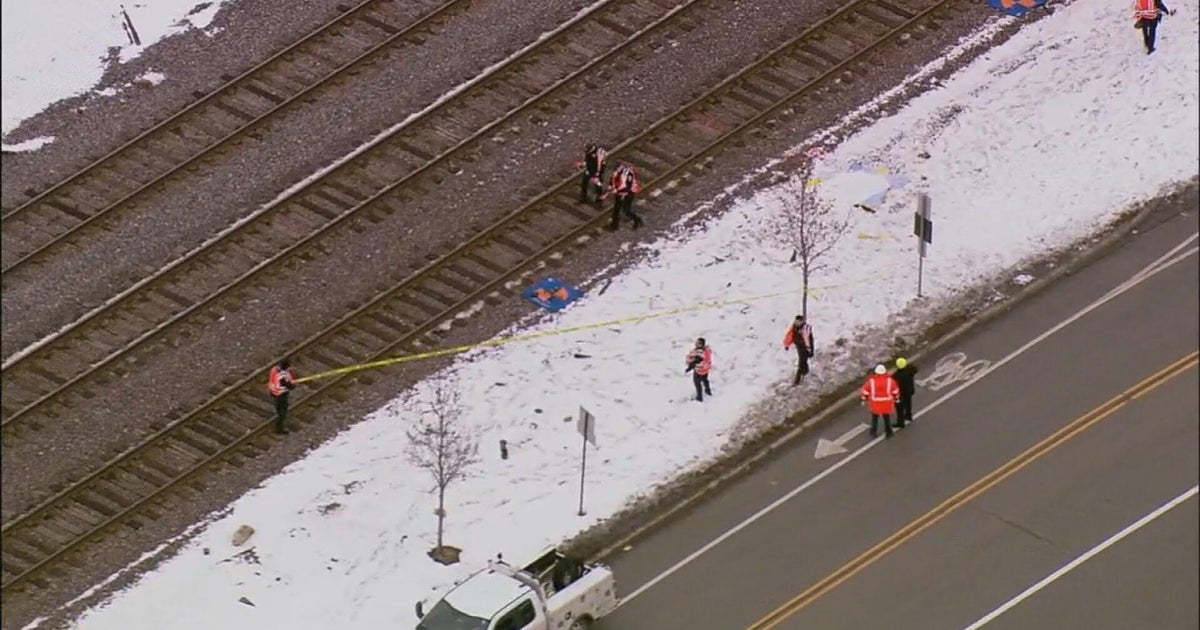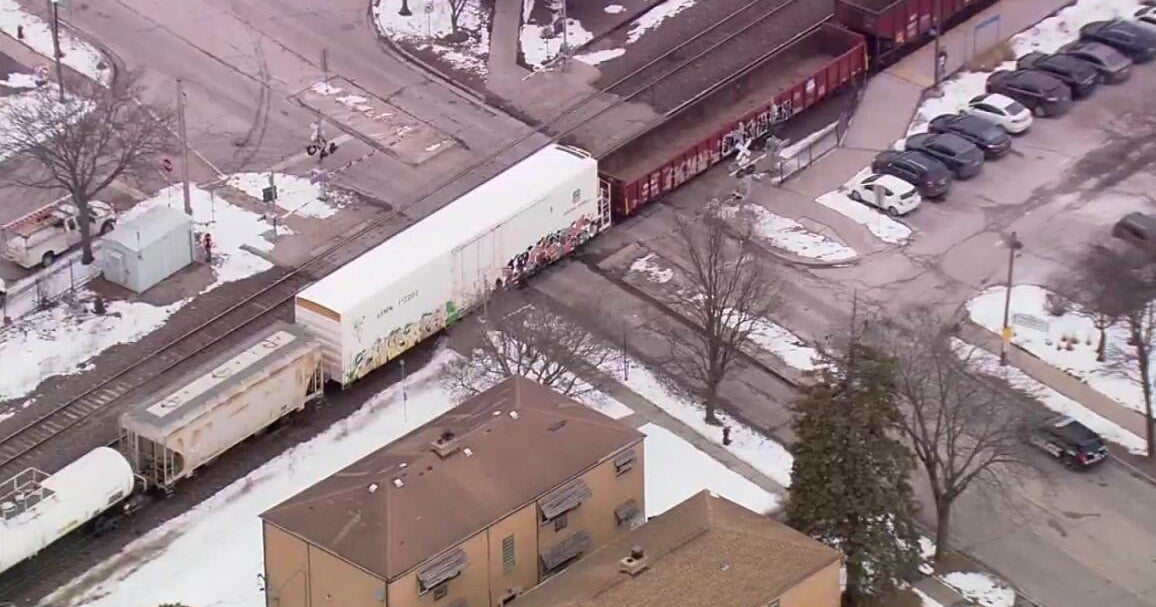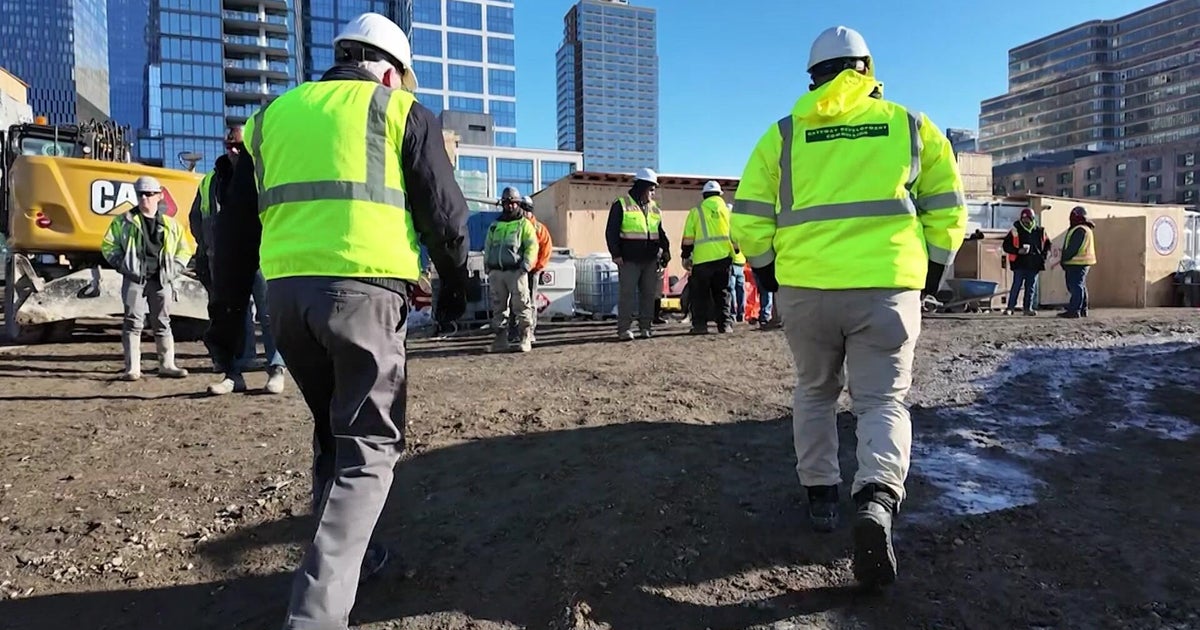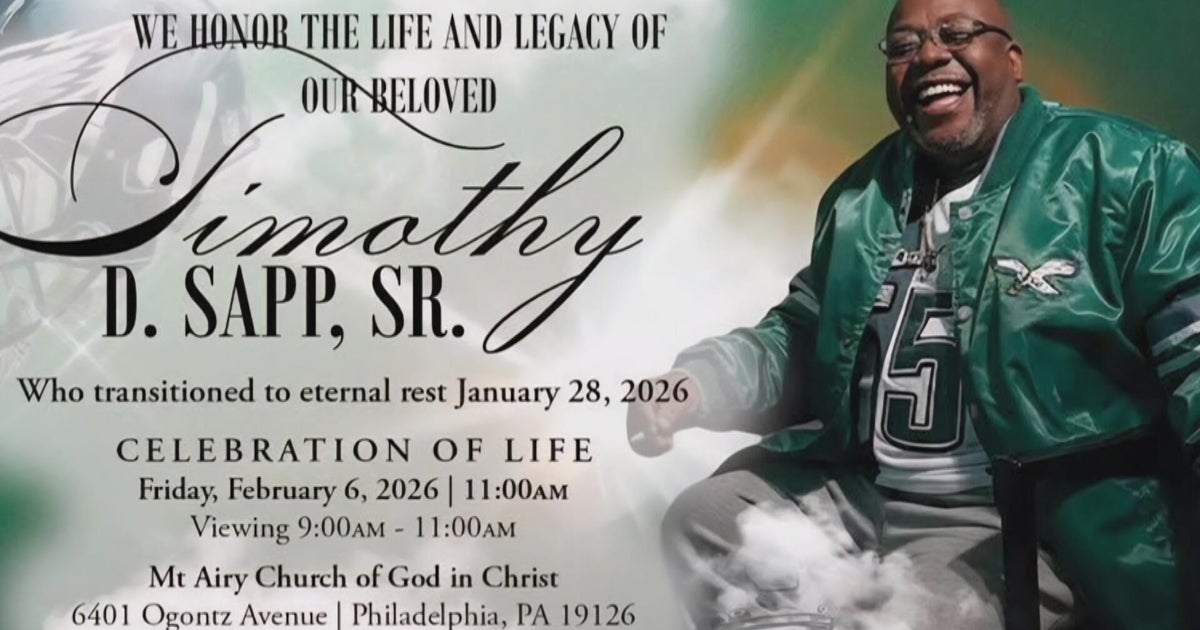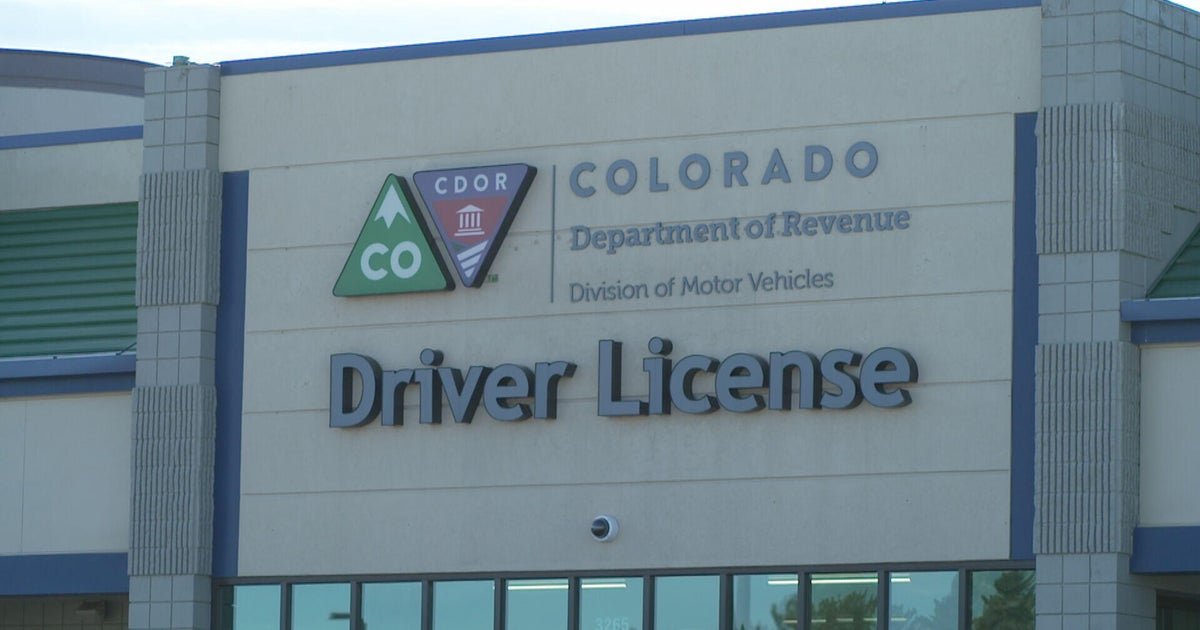Train Fail-Safe Years Away From Being Implemented Here
(CBS) – Some transportation experts are saying this week's fatal Amtrak derailment in Philadelphia could have been prevented using a system called Positive Train Control.
The system is intended to override human errors and slow down or stop speeding trains.
Back in 2008, Congress mandated PTC be in place by the end of 2015 on rail lines, including Amtrak and Metra in the Chicago area.
Metra touted it was even working to install PTC, in one of its newsletters last year.
So, where is it? CBS 2's Dana Kozlov reports.
"This technology has been around for 20 years. There's no excuse why it hasn't been implemented. No more delays," says Chicago attorney Tim Cavanagh, a longtime proponent of PTC.
"It will save lives. Plain and simple," he adds.
Podcast
Cavanagh says the technology would not only have prevented the Philadelphia crash but 2003 and 2005 derailments right here in Chicago.
But freight lines here Amtrak and Metra use are far from implementing the system, which would use GPS and ground rail sensors to determine if the system should override the actions of the train's engineer and stop the train.
Metra said it needs several more years to complete its installation, and most of the rest of the nation's railroads have said they need more time, too.
Metra spokesman Michael Gillis said the most basic problem is PTC is not yet fully developed, even though the mandate has been in place since a horrific California commuter train accident in which a train crashed head-on into another because the engineer was texting.
Gillis said the final cost of installing PTC on its lines will be between $300 million and $400 million. The agency believes it can complete the installation of PTC on its system by 2019.
He said Metra has begun to install the radios, GPS equipment and computer hardware needed for PTC n its locomotives, cab cars and operations centers. But the software -- which at the same time must be compatible nationwide and know the specifics of the line being traveled -- is still in the works.
Gillis said Metra locomotives are currently equipped with an "overspeed" alarm that tells when a train is exceeding the 79 mph speed that is the maximum allowed on area commuter lines. However, the alarm would not -- for instance -- slow down a train that is rounding a 30 mph curve at 60 mph, or halt a train that has missed a red signal.
Metra also spot-checks its trains to see that they are observing speed restrictions.
Experts have said that if PTC works as intended, it can avert accidents of the type that occurred on the Metra Rock Island District at 49th Street in 2003 and 2005. Both times, the engineer missed signals for a switch that had been thrown, leading to derailments.
The 2005 crash was the first fatal accident in Metra's history.
Ironically, the installation of PTC is further along than most on the Amtrak-owned Northeast Corridor, the nation's only true high-speed rail corridor, but it is not completed on the 50 mph curve in Philadelphia where the derailment occurred. Amtrak said Thursday it intends to complete its PTC installation on the Northeast Corridor by year's end.
Legislation pending in Washington would extend the end-of-the-year mandate to 2018 or beyond. Metra is trying to speed up its installation. Last month, its board awarded an $80 million contact to Chicago-based Parsons Transportation Group to oversee the work.
